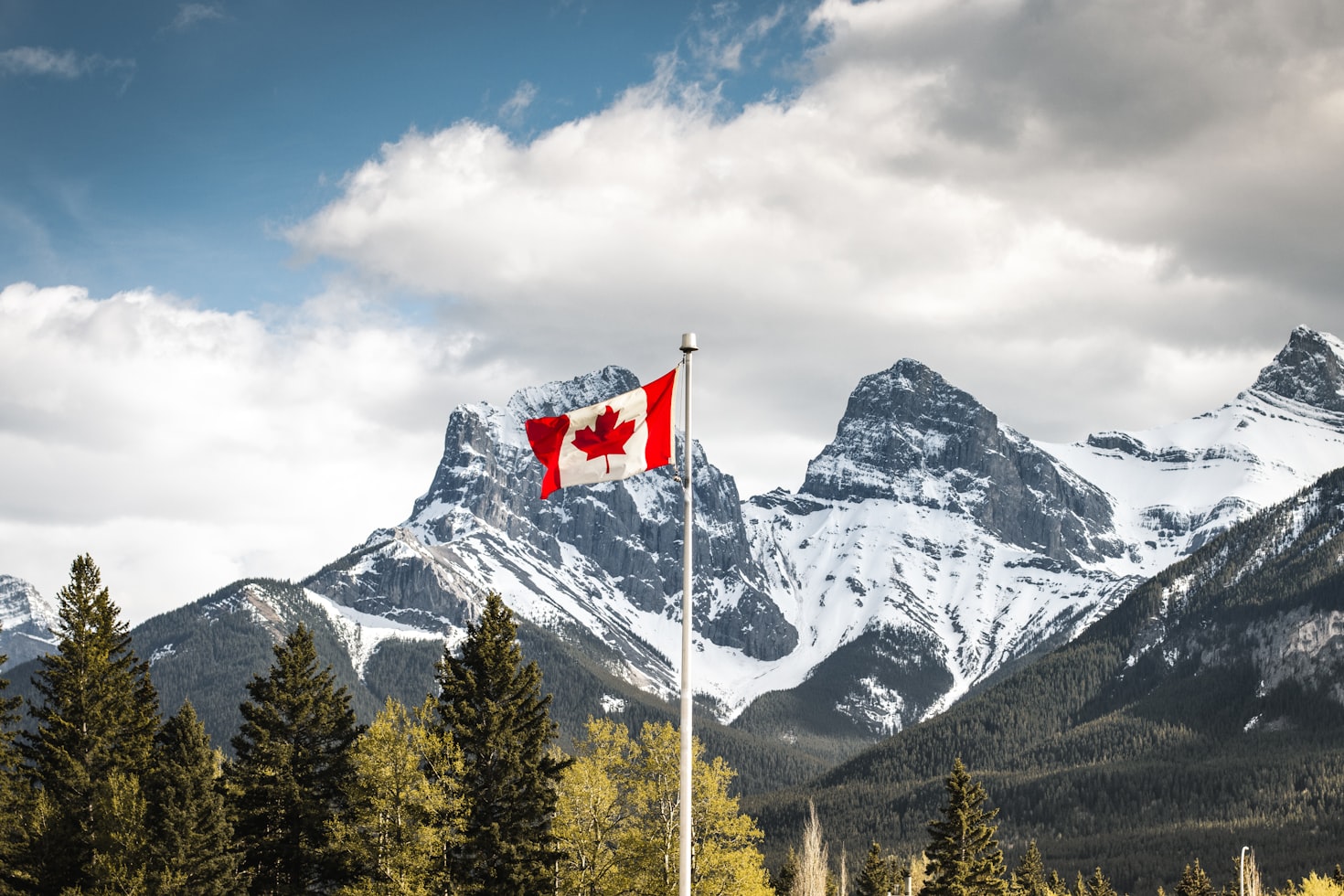The history and preservation of Indigenous culture in rural Canada

The Indigenous peoples of Canada have a rich and diverse cultural heritage that has been passed down through generations. Despite facing many challenges, Indigenous communities in rural Canada have worked hard to preserve their cultures and traditions.
The history of Indigenous culture in rural Canada
Indigenous peoples have lived in what is now Canada for thousands of years. They have developed unique cultures, languages, and traditions that reflect their close relationship with the land. However, the arrival of European settlers in the late 15th and early 16th centuries brought significant changes to Indigenous communities. Many Indigenous peoples were forcibly relocated, and their cultures were suppressed through policies of assimilation.

The challenges facing Indigenous culture in rural Canada
Indigenous cultures in rural Canada have faced many challenges in recent years. One of the most significant challenges has been the loss of language and traditional knowledge. According to a study by the First Nations Languages Preservation and Promotion Project, only 3% of Indigenous languages in Canada are considered to be healthy, with most of them being considered endangered. Additionally, the loss of traditional lands and resources has also had a negative impact on Indigenous cultures.
Other challenges facing Indigenous communities include poverty, lack of access to education and healthcare, and inadequate housing. These issues have been exacerbated by the ongoing legacy of colonialism and the Indian Act, which has denied Indigenous peoples their rights and self-determination.
Efforts to preserve and promote Indigenous culture in rural Canada
Despite the challenges, Indigenous communities in rural Canada have been working hard to preserve and promote their cultures. One of the ways that Indigenous cultures are being preserved is through language revitalization programs. These programs aim to teach Indigenous languages to young people and to ensure that the languages are passed down to future generations.
Another way that Indigenous cultures are being preserved is through the revitalization of traditional practices such as hunting, fishing, and gathering. These practices are not only important for preserving cultural heritage but also for maintaining a connection to the land.
It is important to approach the topic of Indigenous culture in rural Canada with sensitivity and respect. Consultation with Indigenous communities and experts in the field is crucial for an accurate and informative representation of the topic. Unfortunately, as a language model, my knowledge cut-off is 2021, and my current training data may not include the most recent information on the topic.





